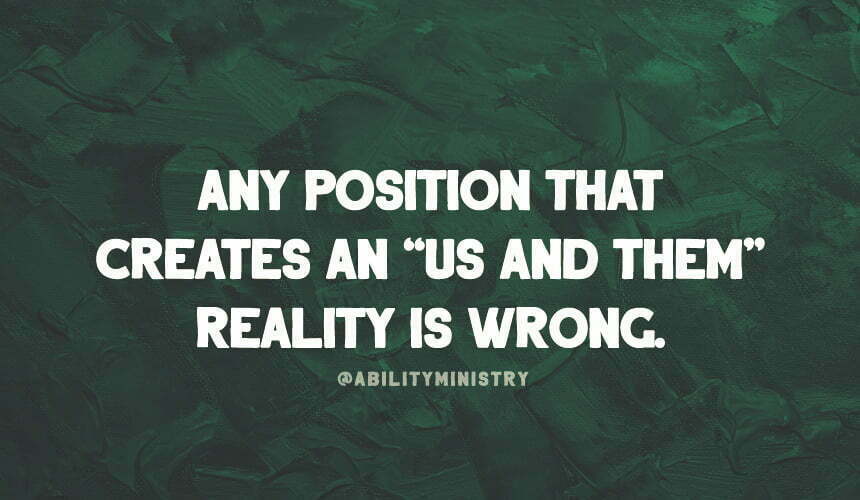

On several occasions in Luke chapter 18, Jesus makes the point that how you view other people matters a great deal. For the sake of this discussion, we will only focus on one of those examples.
In this story, Jesus compares to people who would have been viewed as opposites. The Pharisee by many would have been viewed as the most righteous and holy people group amongst all people. The tax collector would have been viewed by man as the scourge of society.
The story is short, only six verses long. Jesus gives an example of how they pray.
“God, I thank you that I am not like other people…” – The Pharisee (Luke 18:11)
The Pharisee goes on to make a specific list in his prayers of all the “other people” he is thankful that he is not. This exposes his worldview and his lack of humility.
“God, have mercy on me. I am a sinner.” – The tax collector (Luke 18:13)
The tax collector is posed as Pharisee’s opposite. He humbles himself and does not even lift his head as he prays because he does not see himself as worthy.
It is easy to quickly read through this passage and think to ourselves I am not like the Pharisees and move on. I would caution you if you are tempted to do so.
I am glad I am not like those “other people” is a viewpoint that drives ableism. What is ableism? Ableism by definition is “discrimination or prejudice against individuals with disabilities.”
Now, most would not consciously discriminate against individuals with disabilities. We must be careful however because it isn’t always overt discrimination. Let give you a few examples.
Far too often we operate out of a position of pity. Pity motivates us to help. Pity is misguided because it puts us in the position of the Pharisee. We see others that can’t make it without our help because they are lesser than.
Far too often we do ministry thinking we hold all the answers that others need. Again, we wrongly view ourselves like the Pharisees, the people with all the answers here to help the misguided and lost.
Far too often we believe we are the savior that our community needs. Again, in this viewpoint, we are elevating ourselves above others. Any position that creates an “us and them” reality is wrong.
Far too often we do ministry “for” people. This again philosophically is wrong and a Pharisee operating system. We are never greater than those that we minister with. Jesus himself said that we should take the position of the servant and elevate others.
The Tax Collector did not view himself as worthy. He viewed himself as a sinner in need of a savior. This is the stance that we should all take. When we recognize our need to puts us in the proper position. It puts us in an equal position with all other people. There is no hierarchy. There is no pecking order. It puts us in a position where we can be both accepted and used by God.
Luke 18:14 says, “the tax collector went home accepted by God.”
Be honest. How do you operate? How do you pray? How do you see yourself? How do you see others? You can only pick one, the Pharisee, or the tax collector.


